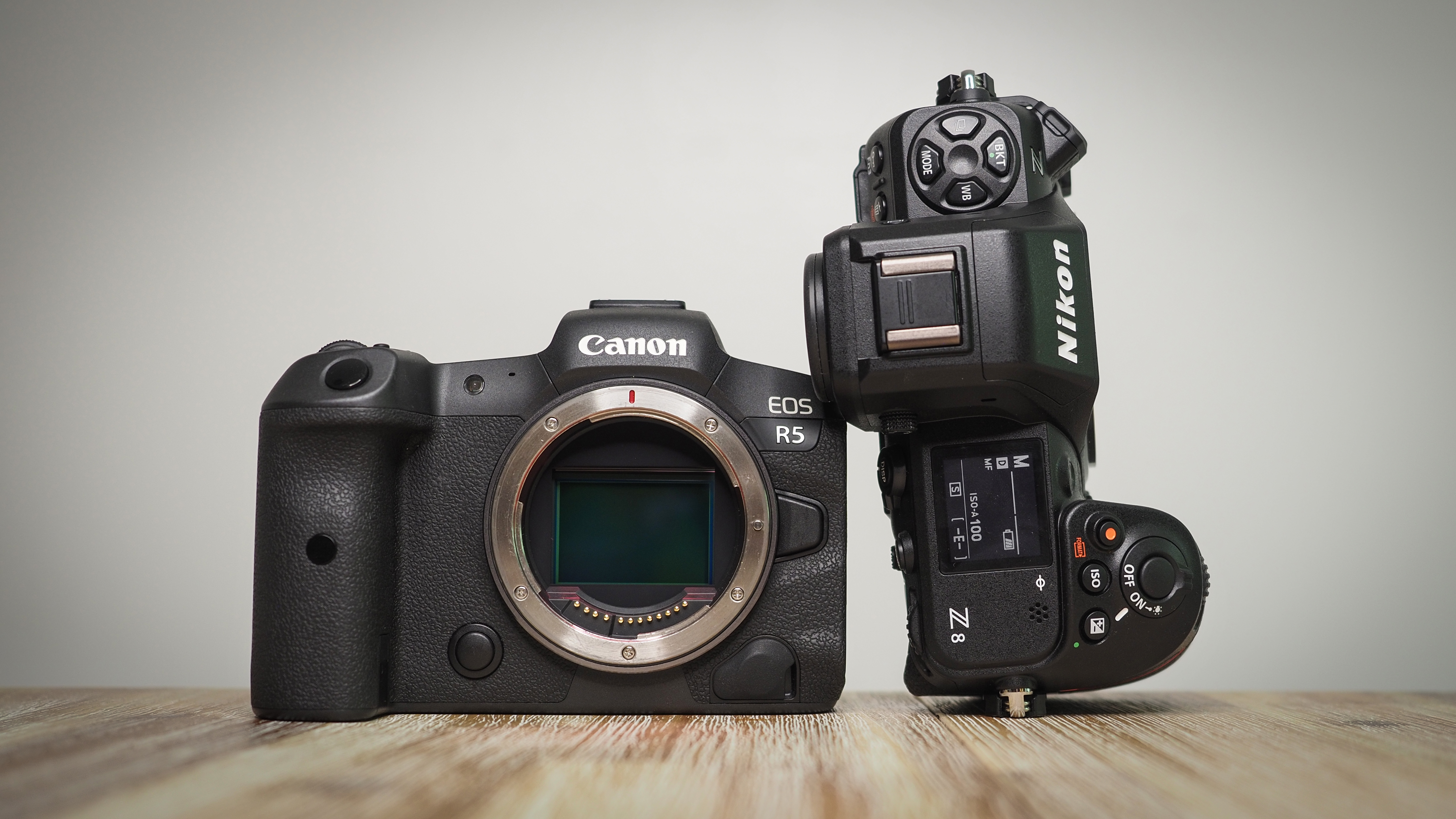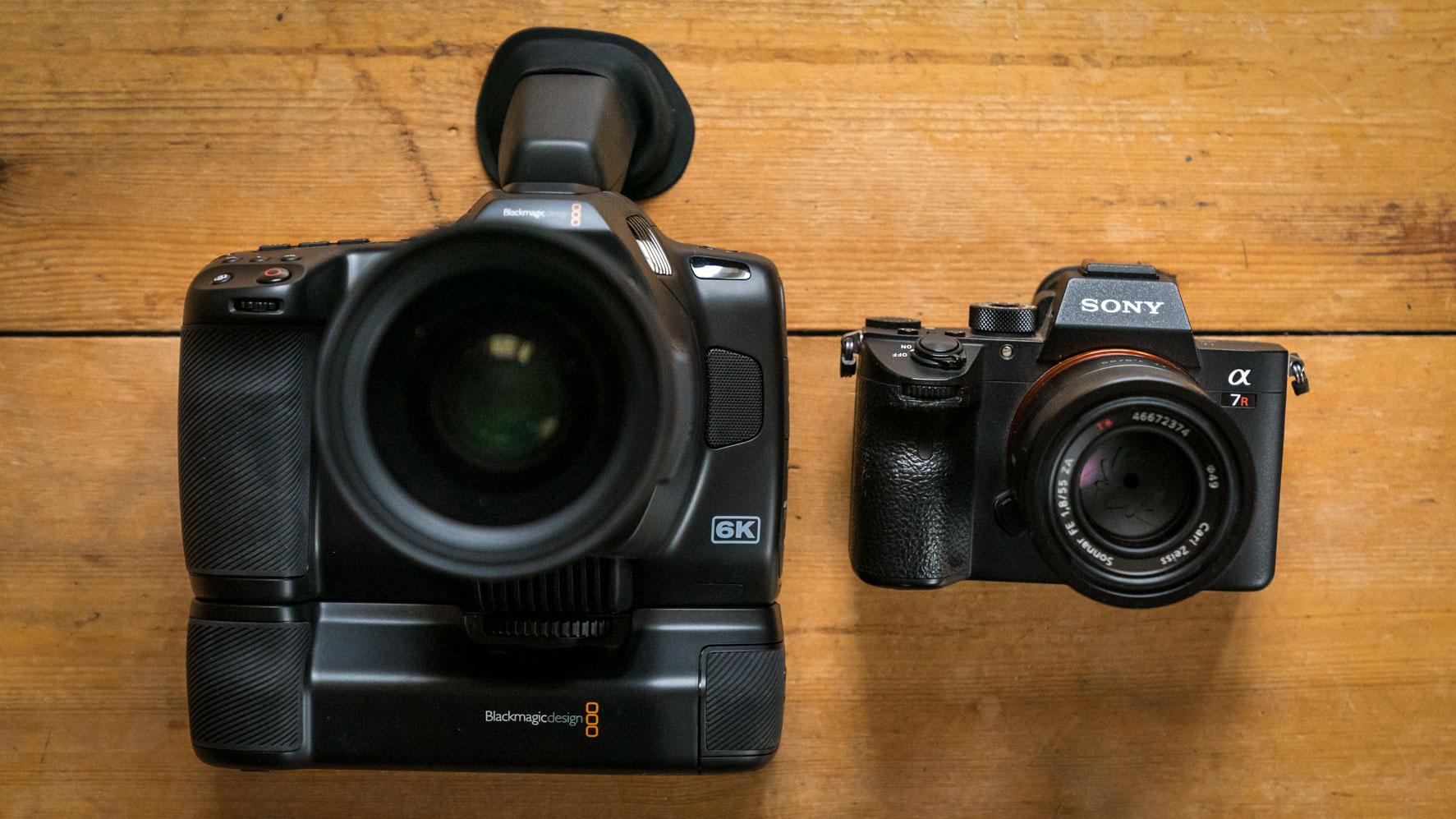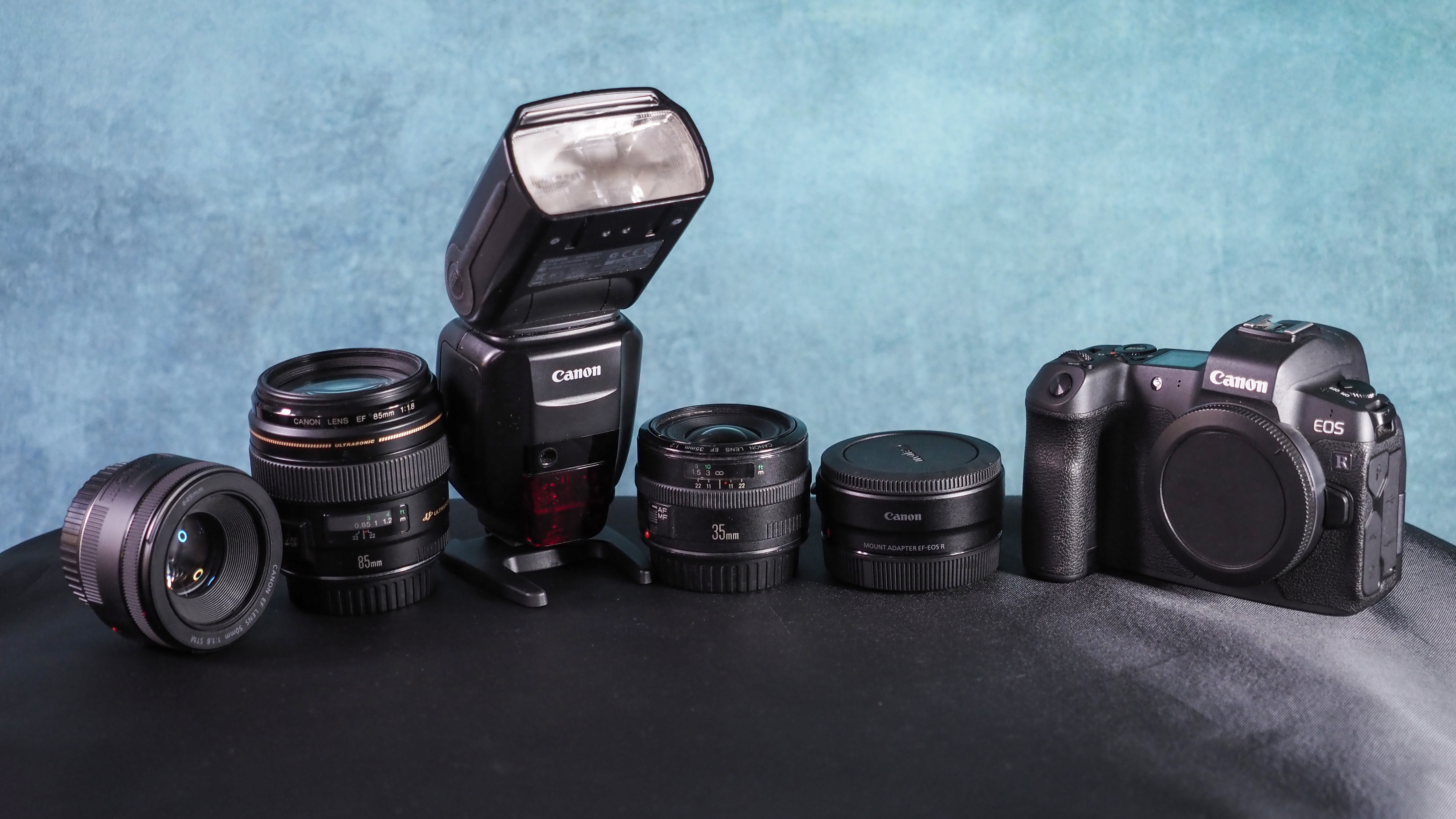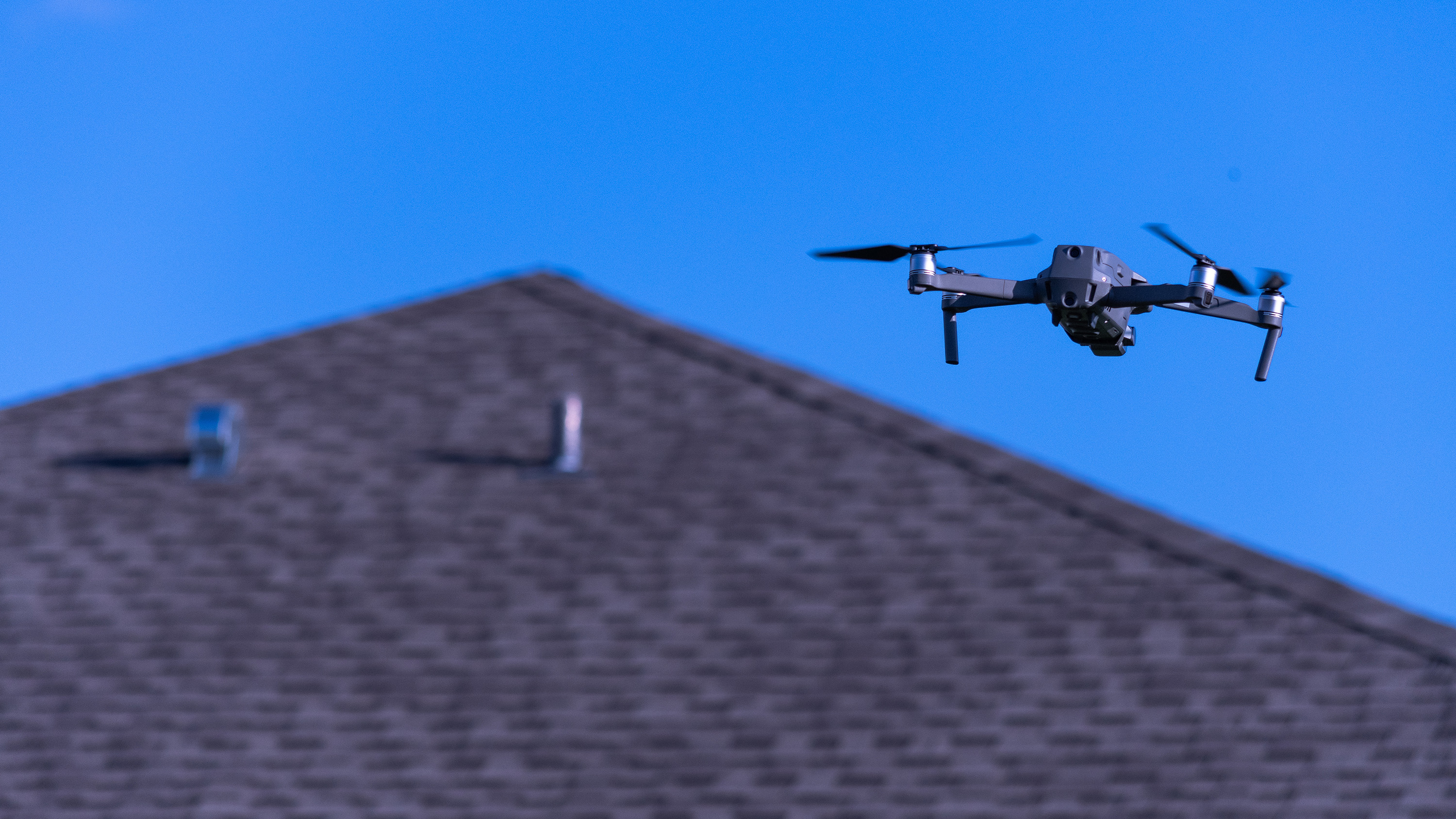
Investing in a camera system is one of the most expensive things you can do. From the bodies to the lenses to the batteries to the memory cards to the grips to the filters to the bags to the tripods… it's a big, involved, costly endeavor.
So what do you do when you realize it's time to invest in another camera system?
You could be upgrading from DSLR to mirrorless technology. It might be that your friends all use a different brand, and you want to be able to share kit. Perhaps you're turning pro and you've outgrown your starter equipment. It could be that the brand you've bought into has stopped supporting your gear. You might have a stills camera setup, but want to get into video. Or maybe you got bad advice in the beginning, and ended up building a camera system that just isn't right for you.
Whatever the situation, having spent hundreds, thousands or even tens of thousands on your camera setup, it can feel like you're financially trapped – and even worse than being locked into the system you own, you will keep on being hampered by the limitations you've been experiencing.
Thankfully (in fact, mercifully!), gone are the days when you had to remain a prisoner of your current camera system. And, indeed, gone is much of the tribalism that often contributed to that imprisonment; these days it's very common for photographers and videographers to own two or more different camera systems, each serving a separate purpose.

Making the move
So, you've decided that you want to try a different system… but who can afford to sink all that money into another set of cameras and lenses? And what if they turn out not to be right for you? You could be sitting on even more kit that you're not happy with.
The solution is a simple one: instead of ploughing big bucks into buying brand-new gear, take a look at the used market. (Though beware of auction sites and social media marketplaces – always look to a reputable retailer like MPB.com, which offers a 14-day returns and a 6-month warranty.)
There are so many reasons to look at second-hand camera equipment rather than buying new. Obviously the price is the main one, as you get much better value for money when buying used gear – and it's also a lot more eco-friendly. But there's another big consideration that goes underappreciated: you know exactly what you're getting with a second-hand system.

Take the brand new Nikon Z8, a flagship camera system that costs a cool four grand. Within just two months of being released, it has already had two manufacturer recalls for separate issues (lenses not mounting and strap lugs breaking). Or how about the new products that are launched with bugs that need to be patched out with firmware?
These things aren't an issue with used cameras and lenses. You can be sure that there are no manufacturing defects, and that they are going to be running nice and sturdy firmware. Long-term reviews will be available, to see how the kit stands the test of time. Heck, if a friend has bought a new camera at launch, you can let them "beta test" it for you, and if it passes muster you can pick one up down the line!
You can even offset the cost by selling – or, for better value, trading in – some or all of your existing kit.
The days of having to spend thousands to switch or try a new system are gone; you can pick up a complete camera setup for a less than a few hundred notes, if you know what you're looking for. So whether you want to upgrade to mirrorless, move to Canon's new RF mount, or just enjoy a dedicated macro or astrophotography rig, it doesn't have to break the bank any more!

Get the Digital Camera World Newsletter
The best camera deals, reviews, product advice, and unmissable photography news, direct to your inbox!
Digital Camera World is one of the leading authorities on camera and photography news, reviews, techniques, tutorials, comparisons, deals and industry analysis. The site doesn't just specialize in cameras, but all aspects of photography, videography and imaging – including camera phones, gimbals, lenses, lighting, editing software, filters, tripods, laptops, printers, photo books, desks, binoculars and more.
Whether you're using, looking to buy or trying to get the most out of a compact camera, action camera, camera drone, cinema camera, beginner camera or professional camera, Digital Camera World has a roster of experts with combined experience of over 100 years when it comes to cameras, photography and imaging.

